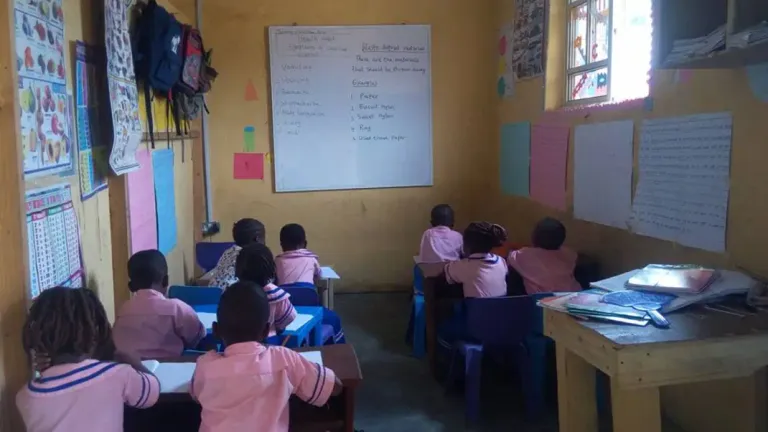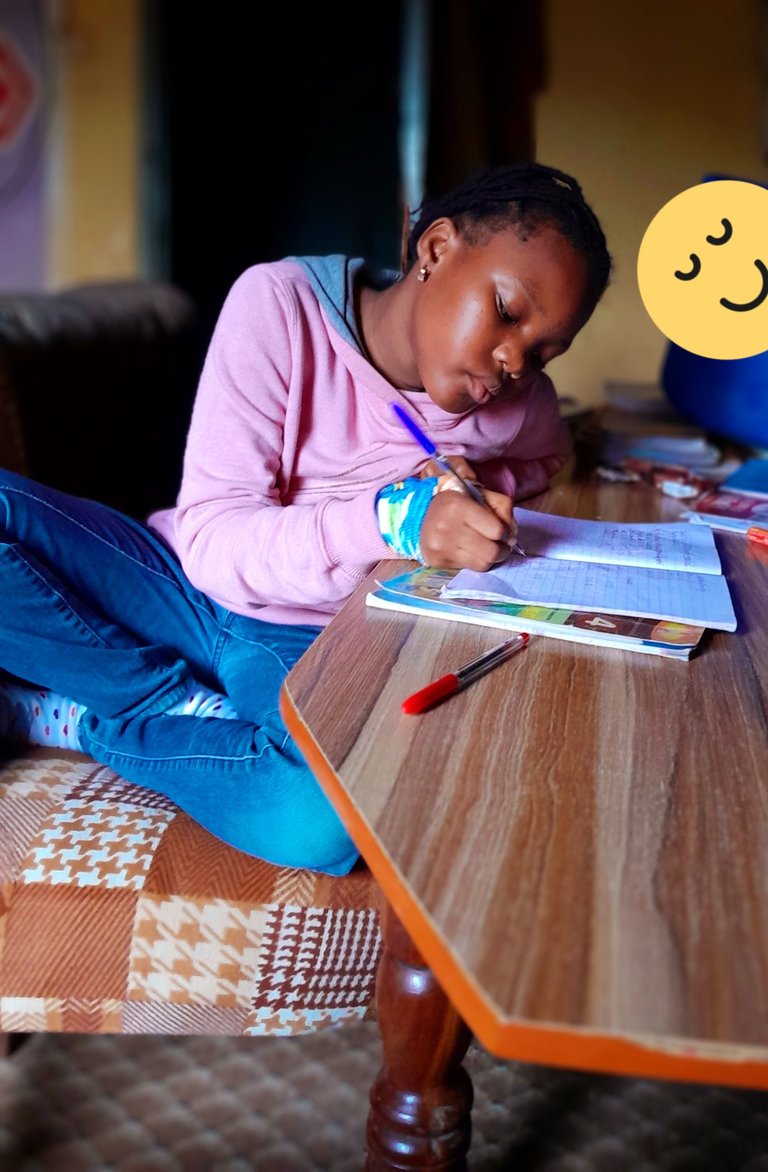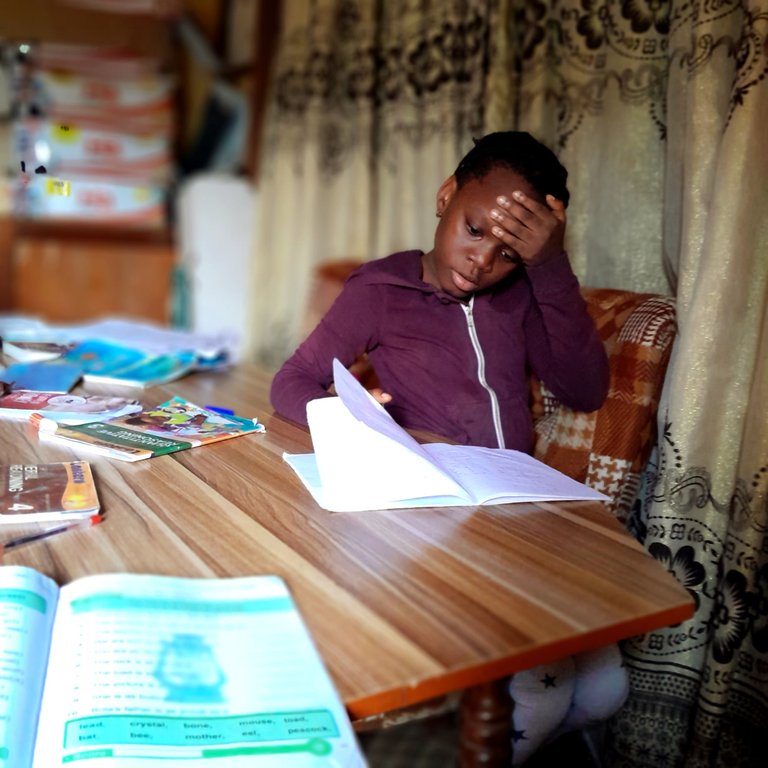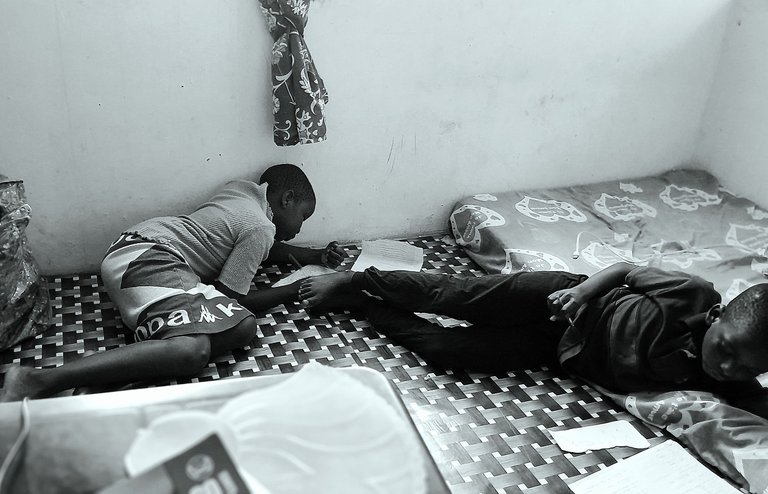
When I started tutoring two young brothers early this year, I quickly realized they were far behind in basic skills. The older one, transitioning from Primary 2 to 3, couldn't spell three-letter words like rat or sun. Shocked, I asked him about his school and teacher. He mentioned one under-resourced school where his teacher was a young girl who'd just finished secondary school. The younger brother, who was transitioning to Kg 2 also struggled with basic concepts, like identifying alphabet letters.
In contrast, I also teach a boy of the same age as the first boy who is now in Primary 3 at a reputable private school. This boy is confident with his multiplication tables up to 12, spelling and reading skills.
Just comparing these children's abilities reveals how much a school's resources and teaching quality can impact a child's education. I couldn't help but feel for the first two boys, who are struggling academically and can be traced down to their schooling and possibly their family circumstances.
Seeing how a child struggles with his or her academics often poses the question of blame. Teachers are central to a child's learning, so should they be held responsible if students don't perform well? In my teaching experience for a few years, an inexperienced teacher can struggle to give students the support they need in their studies, especially if teaching is only viewed as a temporary job or one where there is no other option elsewhere than to teach.
Schools that hire inexperienced or underqualified teachers without a thorough screening compromise the quality of education they offer. Unfortunately, budget constraints in some schools mean they are more likely to take in less experienced teachers who might find it difficult to guide students successfully.
 |  |
However, teachers alone aren't the only influence on a child's academic performance. Parents are their first teachers, setting the foundation of the child's learning even before school begins. Yet, many parents struggle to create or balance time for their children's education due to work or other responsibilities. In my experience with these two boys, I've noticed that their mother is often disconnected from their learning while focusing on her business and responsibilities as a wife.
She sometimes forgets to send them over for lessons or doesn't follow up on their progress. The younger boy frequently loses his lesson book, making him change to a new one, which goes unchecked at home. Every time, he comes up with excuses, making it harder for him to retain what we cover in sessions.
When parents enrol their children in a school or lesson, they are responsible for tracking their progress, ensuring their attendance and fostering a good learning environment for them. But for some parents, economic pressures overshadow these responsibilities. Although this is understandable, when a child's education is neglected, it often leaves them struggling in the long run.

What's the solution to this issue?
While both parents and teachers bear responsibility, it is important to find ways to bridge the gap. It is more on the school to strive to hire qualified and experienced teachers and also to provide ongoing training to enhance teaching skills. For parents, even a little engagement - like checking their assignments when they are back from school, asking what they were taught and learned can make a big difference.
Aside from that, the community also has a part in this - by ensuring programmes or creating parents workshops where parents are enlightened on how to support their children academically, even with limited resources.
To wrap this post up, when young students struggle in their education, both parents and teachers play critical roles in ensuring they succeed. For teachers, they need to learn more by going for professional courses to enhance their growth and skills - this is a key to giving students a strong foundation. Parents, on the other hand, should be mindful of their role in making sure a favourable environment is provided for their children, one that encourages learning.
When children grow and become more independent, they will take on more responsibility for their learning. But for now and in their early stage, both parents and teachers would be blamed and for that not to happen, they should work together to set students up for success.
All pictures belong to me

Posted Using InLeo Alpha
